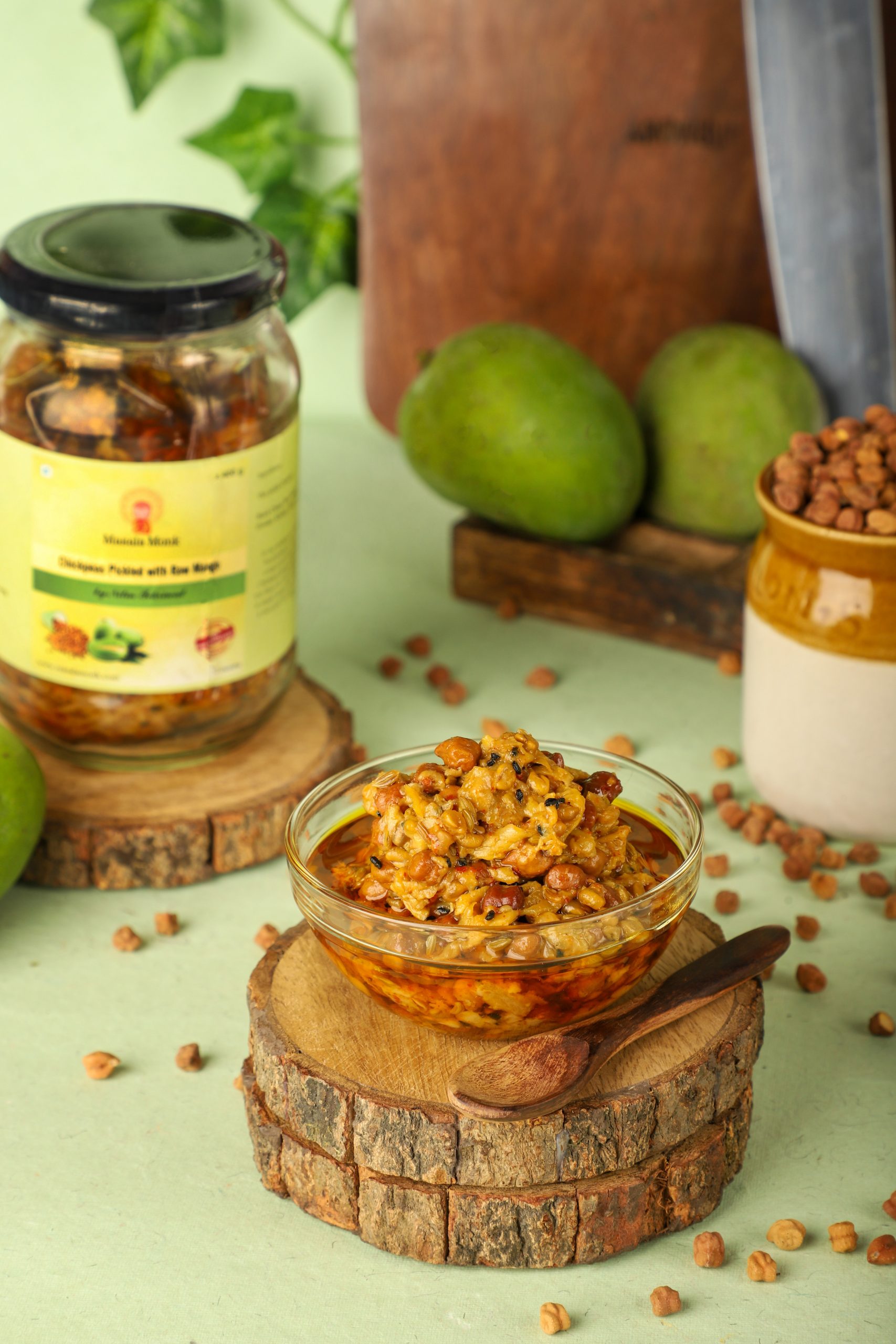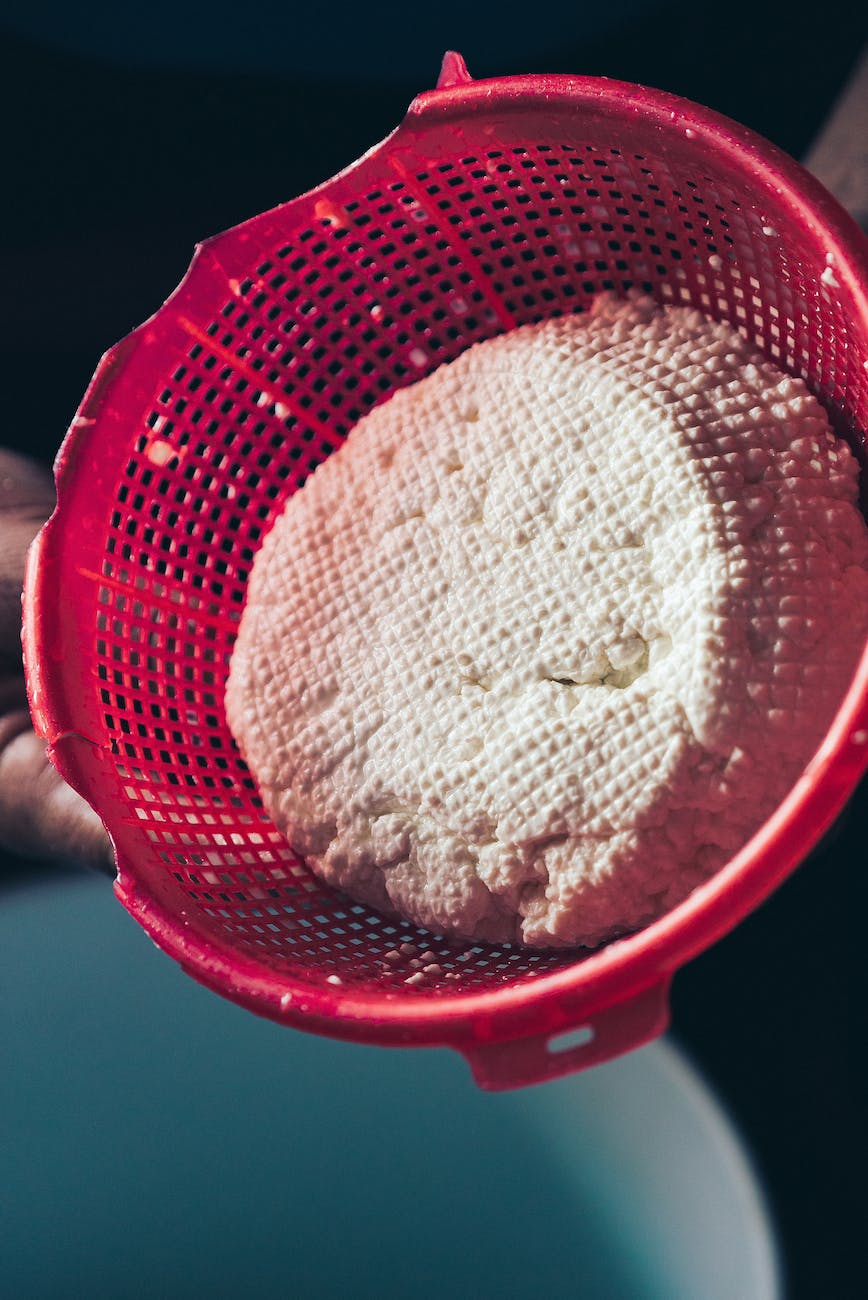
Almonds, known for their heart-healthy fats and protein, have also emerged as a powerful ally in weight management and belly fat reduction. The Masala Monk article delves into the various reasons why incorporating almonds into your diet can be beneficial for those looking to shed pounds or maintain a healthy weight. From their nutrient-rich profile to their ability to satiate hunger, almonds offer a multifaceted approach to weight loss that goes beyond mere calorie counting.
Harnessing the Nutritional Power of Almonds
Almonds are a treasure trove of nutrients beneficial for weight loss, including dietary fiber, protein, and healthy fats. These components work together to promote feelings of fullness, reduce overall calorie intake, and enhance metabolic health. Additionally, almonds are a source of antioxidants and vitamins that support overall well-being.
- Low-Calorie Snack for Weight Management: Despite being energy-dense, almonds’ high fiber and protein content make them an excellent snack for weight management. They help curb appetite and prevent overeating.
- Protein-Rich for Muscle Maintenance: The protein in almonds is crucial for building and maintaining muscle mass, especially important during weight loss to prevent muscle loss.
- Fiber for Digestive Health: Almonds’ fiber content aids in digestive health, ensuring that the gut microbiome supports weight loss efforts.
- Healthy Fats to Combat Inflammation: The monounsaturated fats in almonds help reduce inflammation, a key factor in weight management and overall health.
- Blood Sugar Regulation: Almonds can help stabilize blood sugar levels, reducing cravings and making it easier to stick to a healthy diet.
Optimizing Almond Consumption for Weight Loss
How Many to Eat: A serving of almonds is typically about 23 nuts (1 ounce), providing a perfect balance of nutrients without overdoing the calorie intake.
When to Eat: Incorporating almonds as a mid-morning snack or part of a balanced breakfast can help control hunger levels throughout the day.
How to Eat: Almonds are versatile – enjoy them raw as a snack, chopped in salads, or blended into smoothies. Almond butter is also a nutritious option for spreading on whole-grain toast.
Why to Eat: Beyond weight loss, almonds offer extensive health benefits, including improved heart health, better blood sugar control, and enhanced digestive health.
A Balanced Approach to Weight Loss with Almonds
While almonds can be a beneficial addition to a weight loss diet, they are most effective when consumed as part of a balanced and varied diet. It’s crucial to combine almond consumption with other healthy lifestyle choices, such as regular physical activity and adequate hydration, to achieve and maintain weight loss goals.
Precautions and Considerations
Although almonds are generally safe for most people, those with nut allergies should avoid them. Additionally, because almonds are calorie-dense, portion control is essential to prevent accidental overconsumption.
Incorporating almonds into your daily diet can be a delicious and nutritious way to support weight loss and improve overall health. With their rich nutrient profile and satiating properties, almonds are more than just a snack; they’re a key component of a healthy lifestyle.
Blog Tags: Almonds, Weight Loss, Belly Fat Reduction, Nutritional Snacks, Healthy Diet, Protein, Fiber, Healthy Fats, Blood Sugar Control, Portion Control













